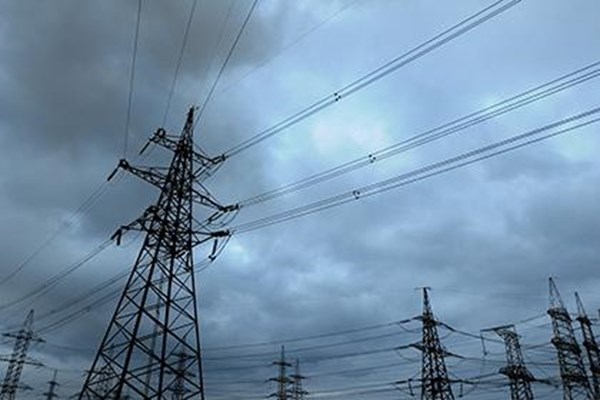Baltic States sever power links with Russia, cementing EU integration
In a long-anticipated shift, Estonia, Latvia, and Lithuania disconnected from the Russian power grid on Saturday, February 8, in a significant step toward deeper integration with the European Union and enhanced security.
"We have achieved the goal toward which we've strived for so long. Now we have everything under control," Lithuanian Energy Minister Žygimantas Vaičiūnas announced during a press conference.
Estonia's Foreign Minister Margus Tsahkna stated, "By ending the Baltic States' energy dependence on Russia, we are stripping an aggressor of the opportunity to use energy as a weapon against us." European Commission President Ursula von der Leyen is expected to speak at a ceremony on Sunday, February 9, marking the synchronization of the Baltic States with the EU system. Latvian Energy Minister Kaspars Melnis added, "The system is stable, the process is smooth, and no one notices anything has changed."
Lithuania's Ministry of Energy has formulated contingency plans that may involve temporarily disconnecting large energy consumers like factories from the grid if electricity shortages arise. For Russia, this disconnection implies that the Kaliningrad region will be cut off from the mainland energy system.
Plans to separate the Baltic States from the Russian grid have been under discussion for decades but gained momentum following Russia's illegal annexation of Crimea in 2014. This grid was the last remaining connection to Russia for the three countries, which regained independence in the early 1990s after the Soviet Union's collapse, joining the EU and NATO in 2004. After Russia's 2022 invasion of Ukraine, the three Kyiv allies ceased purchasing electricity from Russia but relied on the Russian grid to control frequencies and stabilize networks to prevent outages.
Since 2018, the Baltic States have invested nearly 1.6 billion euros ($1.66 billion) in upgrading their electrical networks in preparation for the Russian disconnect, while Moscow spent 100 billion rubles (about a billion dollars) on projects, including building several gas power stations in Kaliningrad.
